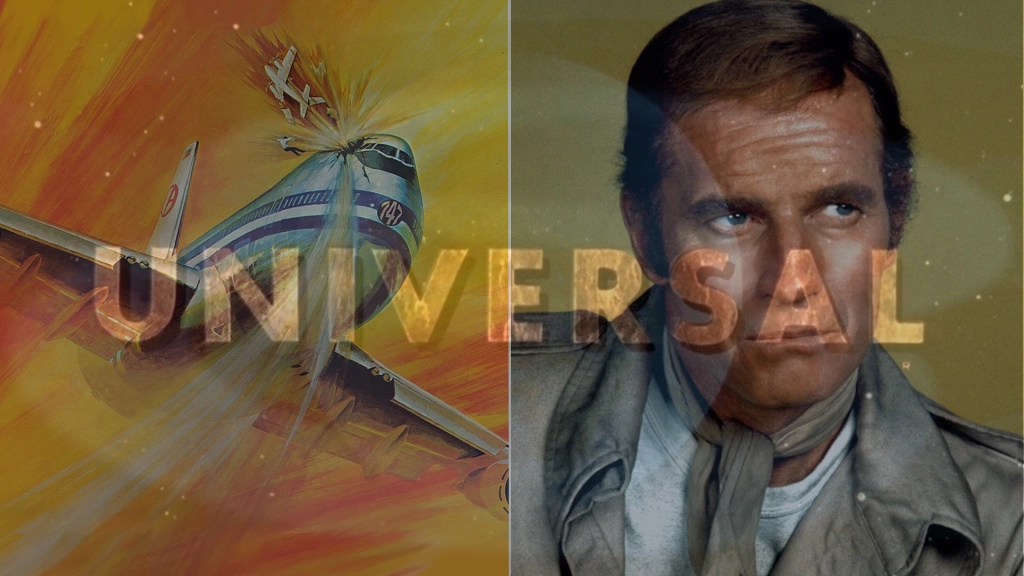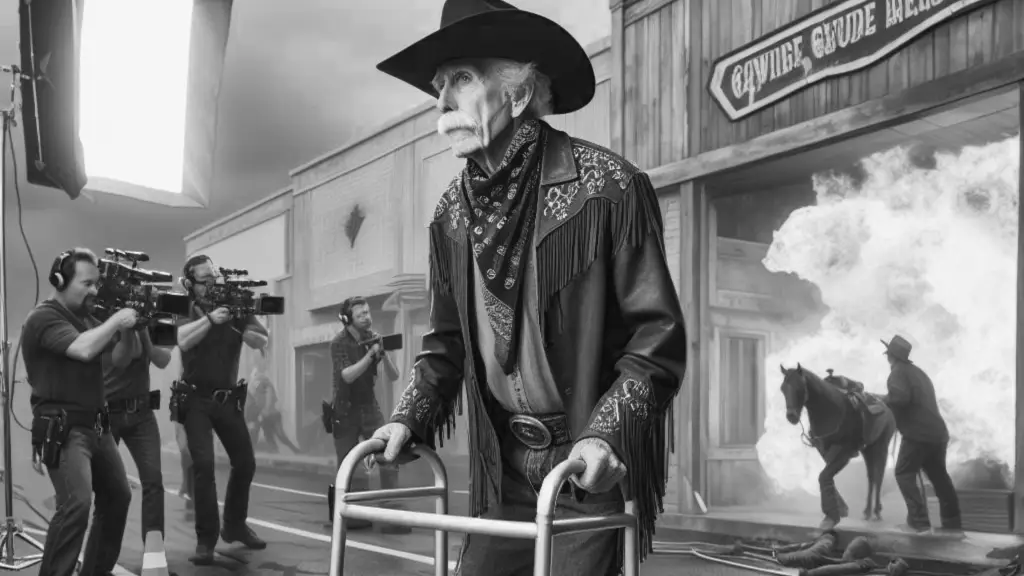

Ever since its publication in 1965, Frank Herbert’s Dune has remained an elusive and treacherous challenge for filmmakers to adapt. Many have tried and failed and those who succeeded have seen their vision diluted and pared down. The seemingly insurmountable narrative and thematic density of Frank Herbert’s prose was enough to bring Hollywood to its knees and turn Dune into one of the Holy Grails of literary works infamously unwilling to bend to the will of the film industry – together with The Lord of the Rings and Ulysses – until now. Well, sort of.
The long-awaited adaptation of Dune, directed by Denis Villenueve (Arrival, Blade Runner 2049) and co-written by Jon Spaihts and Eric Roth (of the Forrest Gump fame) has finally arrived in cinemas worldwide and on HBO Max in the US to deafening applause both from the critical community and movie-goers alike, offering grand operatic scale, epic scope and the kind of visual titillation we have not been able to experience since before the COVID pandemic closed down cinemas and forced moviemaking to fit within the narrow confines of a Zoom call. What is more, Dune seems to have taken seriously its job of relaying Herbert’s vision to the modern viewer: its dense and convoluted plot, a multitude of characters, intrigues and themes and borrowed a page from one of the other Holy Grails of cinematic adaptations, the immensely successful adaptation of The Lord of the Rings helmed by Peter Jackson, as the filmmakers have come to terms with a simple fact that a faithful and effective adaptation of Frank Herbert’s novel (which is thick enough to be a deadly weapon, especially in its hardcover incarnation) must involve making more than one movie. And indeed, despite what the posters and trailers might tell you, the very opening of the film will greet you with a title card that doesn’t say Dune, but rather Dune: Part One.
In it, we are transported to the desert planet of Arrakis, a unique world inhabited by gargantuan sandworms and pockets of nomadic human societies. Most importantly, Arrakis is the only planet in the universe where spice (or melange) is found, an extremely rare natural material which enables interstellar travel. No advanced civilization can survive without it, therefore whoever controls the spice, controls the galaxy. We jump into the world as the Galactic Emperor removes the ruthless house Harkonnen as caretakers of Arrakis and appoints house Atreides to govern over the planet as its fief. We observe as the new management moves in led by Duke Leto I (Oscar Isaac), his partner Lady Jessica (Rebecca Ferguson) and their son Paul (Timothée Chalamet). However, it quickly becomes clear to them that they have been put on Arrakis not so much to establish a benevolent dictatorship and an alliance with the native tribes of Fremen, but to fall into a political trap that will lead to a war between the major powers in the galaxy and neutralize the growing prominence of House Atreides threatening the status quo. Thus, we follow young Paul as he embarks on a treacherous quest to survive the tumult of war, come to terms with his responsibilities as an heir to the throne and – more importantly – understand that fate didn’t put him on Arrakis by accident.
At this point, especially if you haven’t read the book or watched any of the previous adaptations, Dune might seem completely impenetrable and narratively intimidating; but I assure you, it is not. The movie is rather simple and orients the viewer in the seemingly complex web of alliances without much ado – it never truly overwhelms with exposition. Therefore, it leaves us to marvel at the scale of production and the sheer ambition of bringing such an expansive narrative to the screen in a way that is, for lack of a better word, digestible. This is, I suppose, where the filmmakers truly succeed because they managed to capture what Herbert was doing in his novel, which boiled down to translating the political landscape of his time and commenting upon it under the guise of resplendent and operatic science-fiction. It turns out that Dune remains relevant to this day as the political conversation surrounding the concepts of colonization of foreign lands, bringing bloodshed to their shores and draining their natural resources continues unabated.
In fact, Villenueve’s vision is way more straightforward in its application of necessary symbolism, as it is quite easy to connect the dots and see Arrakis as a fantasy incarnation of the Middle East, Fremen as oppressed natives resisting colonization and the warring houses as equivalent to modern-day nation-state superpowers vying for supremacy using proxy wars, economic pressure and outright conflict over the world’s dwindling natural resources conveniently outsourced to foreign lands. To this end, a lot can be read into this film and, consequently, a lot of thematic content can be extracted from it, though it must be unequivocally stated that the bulk of credit for this film functioning well as a political metaphor must be paid to the author of the novel. Implementation thereof is a whole different matter, though, and this is where Denis Villenueve’s adaptation might start crumbling apart a little, like a sandcastle left in the scorching midday sun.
There is no debate that Dune is a thunderous cinematic experience aimed to transfix the audiences with its visual opulence and to shock with the aural terror of its booming score (courtesy of Hans Zimmer). And indeed, as a cinematic eye-candy, the film truly succeeds and leaves no question that the 165 million dollars spent on its production did not go to waste. Nevertheless, although I felt wowed and viscerally affected in the moment as the movie was playing on the screen, its charm dissipated almost immediately after the credits rolled and – I must admit – it didn’t leave a lasting impact. In fact, I would have to think long and hard to bring forth any kind of imagery or an action sequence, which is a bad omen for any movie that aspires to reign as a culture-defining blockbuster.
You see, there is a reason why at the top of the previous paragraph I referred to this film as a “thunderous cinematic experience” rather than as an epic one. Dune is certainly massive, palatial and expansive in the way it treats the viewer to its set pieces and defining sequences, but it stops short of being epic. Having scratched my head about that for a little while now I can only surmise that it has to do with a combination of factors, some of which also have their roots in the source material. I suppose the simplest way for me to articulate this feeling is to – yet again – invoke the example of The Lord of the Rings, a quintessential epic tale with which Dune share some conceptual similarities. Arguably, a case could be made that both stories – when extraneous plot and ancillary sub-narratives are removed – are powered by the archetypal engine of the hero’s quest. Although they differ in many places, the journey of Paul Atreides mimics somewhat that of Frodo Baggins as he is thrust into the unknown by forces beyond his comprehension and he must ‘step up to the plate’ if he is to succeed. However, in contrast to Tolkien’s story, which also happens to reflect upon the political upheaval of its time, the stakes in Dune simply don’t come close to the world-ending urgency of The Lord of the Rings which contributes vastly to its immense scale. As a matter of fact, Dune feels conceptually smaller, which is quite simply at odds with the visual allure promising greater stakes.
Therefore, even though this first part of the Dune saga essentially functions as an equivalent of The Fellowship of the Ring, it is much more difficult to see eye-to-eye with its characters. Yes, it is easy to navigate the thematic landscape of the film, but it’s nearly impossible to care for Paul the same way I cared for Frodo. Hence, a question could be asked if – knowing this might be an issue – the filmmakers could have done something to endear the viewer towards Paul’s plight and conjure the epic scale by personalizing the story a bit further. Even if they had in fact attempted to imbue their story with essential chemistry protruding from the screen and ensnaring the viewer, they have clearly failed in that regard because the film feels overwhelmingly performative. By no means do I intend to slander the acting on display because everyone involved – from Chalamet and Isaac to Zendaya, Stellan Skarsgard, Dave Bautista and Charlotte Rampling – is enjoyable to watch and technically proficient, but the cast as a whole – ineffably so – does not gel well together to bolster the story the film is attempting to tell, which brings me to comment on its direction.
Now, I have immense respect for Denis Villenueve as a filmmaker whose technical competence in handling large scale filmmaking comes close to unmatched within the Hollywood ecosystem. His movies are always great to look at, filled with awe-inspiring imagery and appropriately ambitious in terms of executing on the artistic form and delivering entertainment of the highest quality. But this is where a movie like Dune becomes a tad problematic because focusing solely on surface-level entertainment will never be enough to satisfy the challenging requirements of the source material and it risks ridding it of its distinctive personality. Which is what I believe we have on our hands in here: Dune, while technically marvellous and awe-inspiring with the way it is technically assembled, struggles to hide the fact it might lack authorial personality. Granted, this may be a by-product of Herbert’s intimidating presence hovering over the story like a storm cloud, but it can also have to do with the fact Villenueve’s own artistic style can at times feel inauthentic. It is as though his directorial vision was purposefully engineered to disguise as emotion-driven and human, while it might be everything but that.
Thus, having emerged from the screening of Dune I felt as though I spent nearly three hours in the presence of a cinematic sociopath – a movie that tries to trick me it can feel real emotion by virtue of having learned to imitate it. This movie looks the right way, it dresses the right way, says the right things and emotes the right way… but it does so mechanically and when noticed, it immediately sends your brain into high alert, as though you were in the presence of a predator readying itself to pounce at your jugular when you turn away. Like Patrick Bateman.
In the end, I think I am of two minds about Denis Villenueve’s adaptation of Dune. I simply cannot in good faith deny its visual ambition and the scale of what it tries to depict, and it is sure to wow many viewers with its imagery and music. It is the artful blockbuster of the year, a piece of entertainment aimed to dazzle with more than cheap thrills. But, at least from where I am sitting, the film’s artistry is most easily comparable to a specific kind of street art. If you look back to your last holiday abroad (and I realize it may have been a while ago), you might remember stumbling upon someone selling spray-painted images of nebulas, galaxies and stars. They look tremendous and technically impressive with their depth and the clever techniques used to execute them so perfectly. But do they function as art? They’re beautiful to look at and maybe they’d work well decorating your front room, but they have absolutely zero personality. In fact, if you had turned the corner, you would have found four more artists making similar art, if not more technically proficient.
I guess what I am saying is that Dune, while technically flawless and fundamentally successful in handling Herbert’s dense prose, fails to transcend the parameters of its raison d’etre which is simply to entertain. It is still a product aimed for mass consumption that fails to become a piece of art by virtue of its creator not breathing enough authorial personality into its lungs. Dune: Part One indicates that this whole saga might not have what it takes to appreciate over time and become a cultural touchstone like The Lord of the Rings did some years ago. Thunderous – not epic – it is a piece of corporate art that is sure to depreciate over time instead of evolving to become a timeless, generation-defining piece it has been touted as. It simply doesn’t have the legs to achieve that.




Leave a comment